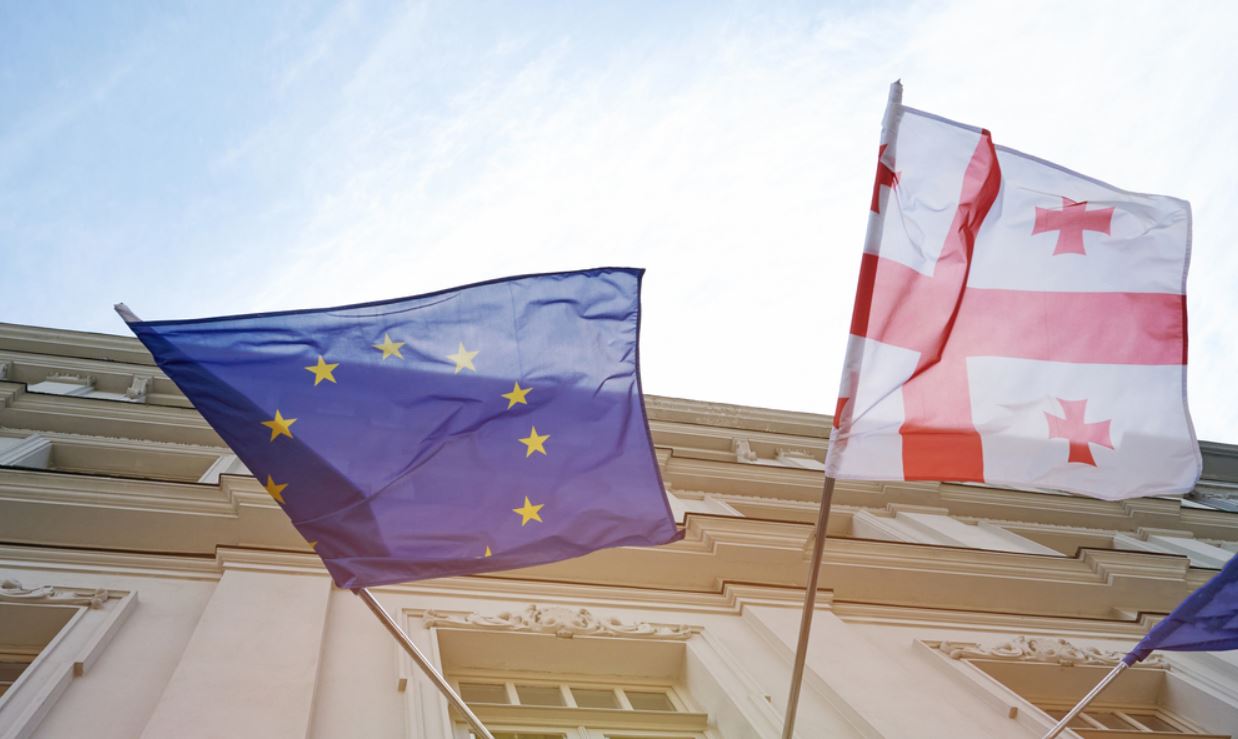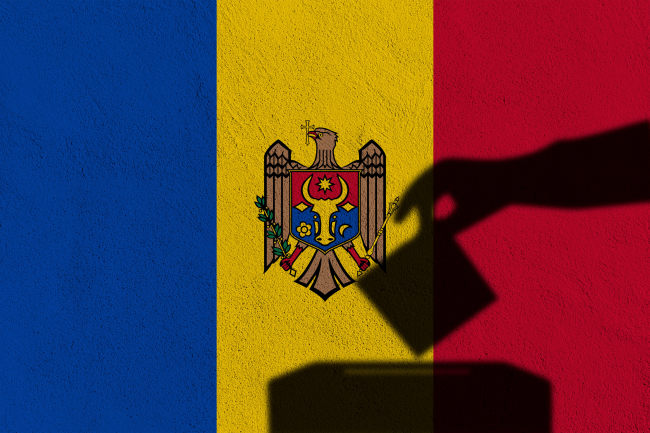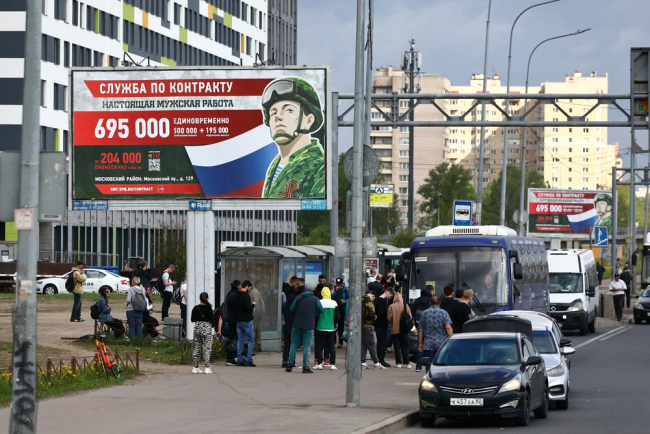The European Union's Strategic Test in Georgia

The political crisis brewing in Georgia is of an existential nature for the country. What is at stake is Georgia's future as a democratic and sovereign European nation (EU).

Georgia is at a critical crossroads. Georgian Dream (GD), the ruling party that has been in power since 2012, abruptly decided to derail the country from its European path soon after claiming victory in parliamentary elections that domestic and international observers have assessed as fraudulent and marred with irregularities. This decision triggered the ongoing massive protests in Georgia, marking the culmination of yearlong unrest provoked by a series of measures that the ruling party took with the aim of eroding democratic institutions and suppressing dissent. Georgia’s turn from pursuing an ever-closer partnership with – and eventual membership of – the European Union (EU) to self-inflicted alienation from Europe has been dramatic. Most surprisingly, this shift reached a new peak right after Georgia gained the status of candidate for EU accession that it had long sought.
The political crisis brewing in Georgia is of an existential nature for the country. What is at stake is Georgia’s future as a democratic and sovereign European nation. Besides, if consolidated, Georgia’s U-turn will undoubtedly affect the regional balance in the South Caucasus to the detriment of democratic and pro-European forces. Furthermore, an illiberal Georgia estranged from Europe and increasingly aligned with Russia would enable Moscow to reassert its influence in the South Caucasus – a region that is “integral to the Kremlin’s wider ambitions of dominating the Black Sea”.
The crisis that Georgia has been plunged into is also consequential for the EU, for its identity and for the declared goals guiding its foreign and security policy. It tests the EU and its political will and resolve to uphold security and the values it stands for on the continent. Ensuring that the enlargement process is not hijacked by the ruling party of a candidate country against the will of its people should be a strategic goal for the EU.
Teona Giuashvili is a David Davies of Llandinam Research Fellow in the Department of International Relations at the London School of Economics and Political Science, where she focuses on the geopolitics of Eastern Europe. She is a former Georgian diplomat with over eleven years of experience in multilateral diplomacy and conflict resolution, Georgia’s European integration and bilateral relations with France. Among other postings, she served as chargée d’affaires and deputy ambassador of Georgia to France. Teona holds a PhD in Political Science and a Master’s degree in European Studies from Sciences Po Paris, as well as Master’s degrees in International Relations from the University Panthéon-Assas Paris II and Tbilisi State University.

Available in:
Themes and regions
ISBN / ISSN
Share
Download the full analysis
This page contains only a summary of our work. If you would like to have access to all the information from our research on the subject, you can download the full version in PDF format.
The European Union's Strategic Test in Georgia
Related centers and programs
Discover our other research centers and programsFind out more
Discover all our analysesMoldova's Crucial Parliamentary Election. What's at Stake?
On the occasion of Moldova’s National Day, August 27, 2025, Chișinău hosted a high-level European delegation composed of Emmanuel Macron, Friedrich Merz and Donald Tusk, who sought to reaffirm their support for the country’s sovereignty and pro-European course. This unprecedented and highly symbolic visit took place at a pivotal moment. Moldova is preparing for decisive parliamentary elections on September 28, whose stakes extend far beyond the national framework.
War as Social Elevator: The Socioeconomic Impact of Russian Military Keynesianism
In order to finance its war effort, the Russian state has spent substantial sums of money and implemented a form of “military Keynesianism” that is transforming society at both the socioeconomic and cultural levels. This has partially rebalanced the wide disparities in wealth, levels of consumption, and social prestige in Russian society by granting significant financial and symbolic advantages to peripheral Russia, which has long been overlooked by the central government.
The Contradictory Impacts of Western Sanctions on Economic Relations between Russia and Sub-Saharan Africa
How does Russia maintain economic ties with Africa despite Western sanctions? An analysis of investments, trade, and the circumvention strategies deployed by Moscow.
The Caspian Sea as an Emerging Energy Hub : Potentials and Limitations
This report analyzes the prospects of the Caspian Sea region — and its key actors except for Russia and Iran — becoming an important energy hub serving the needs of the European Union (EU).












